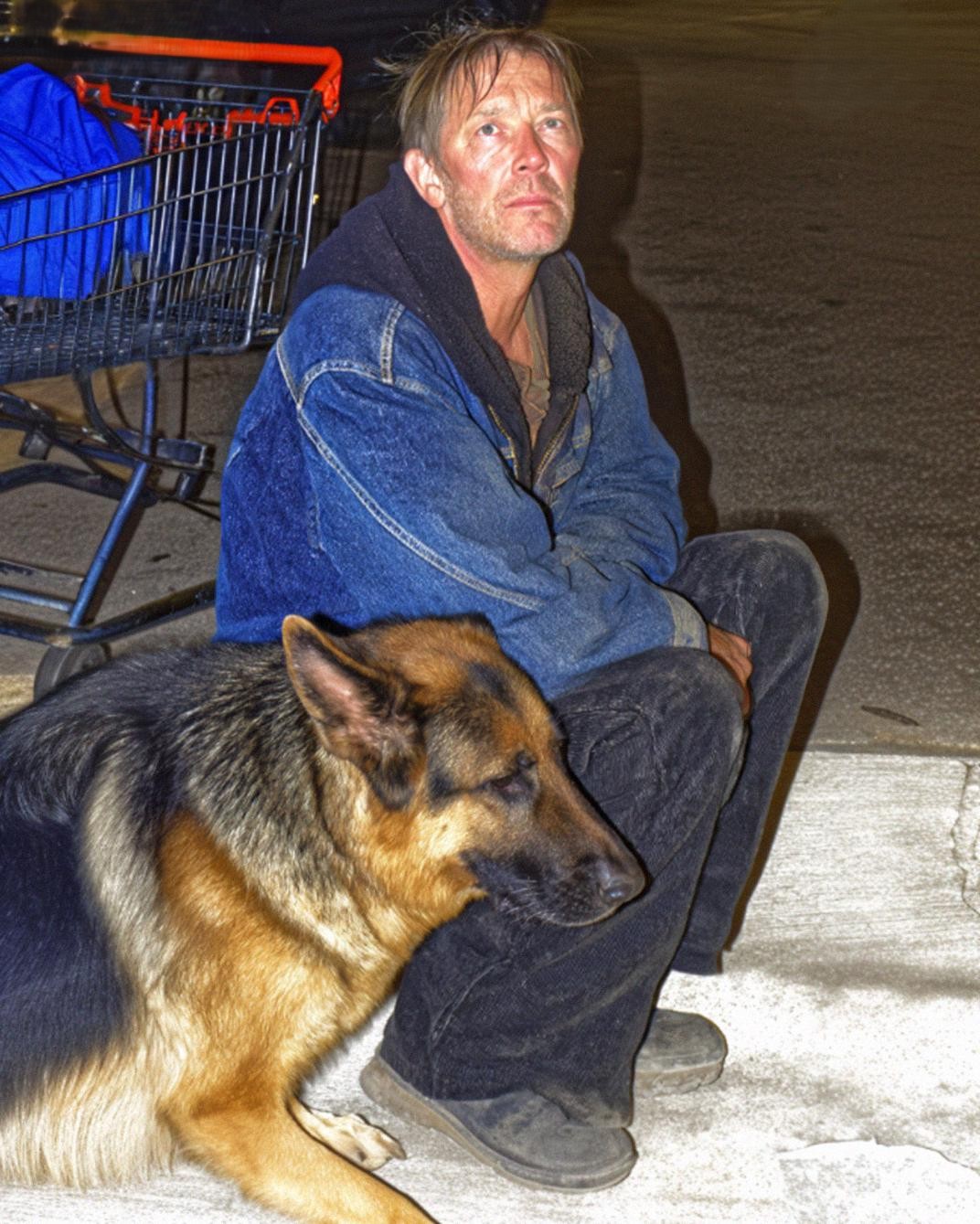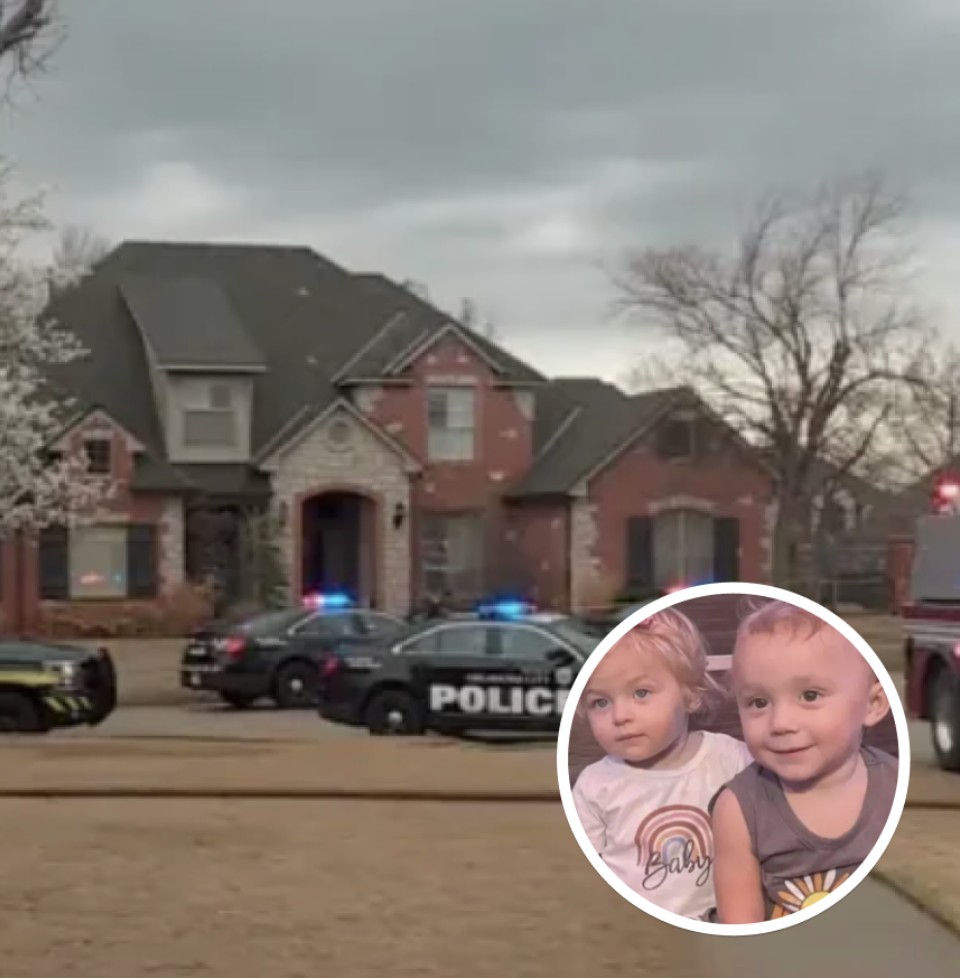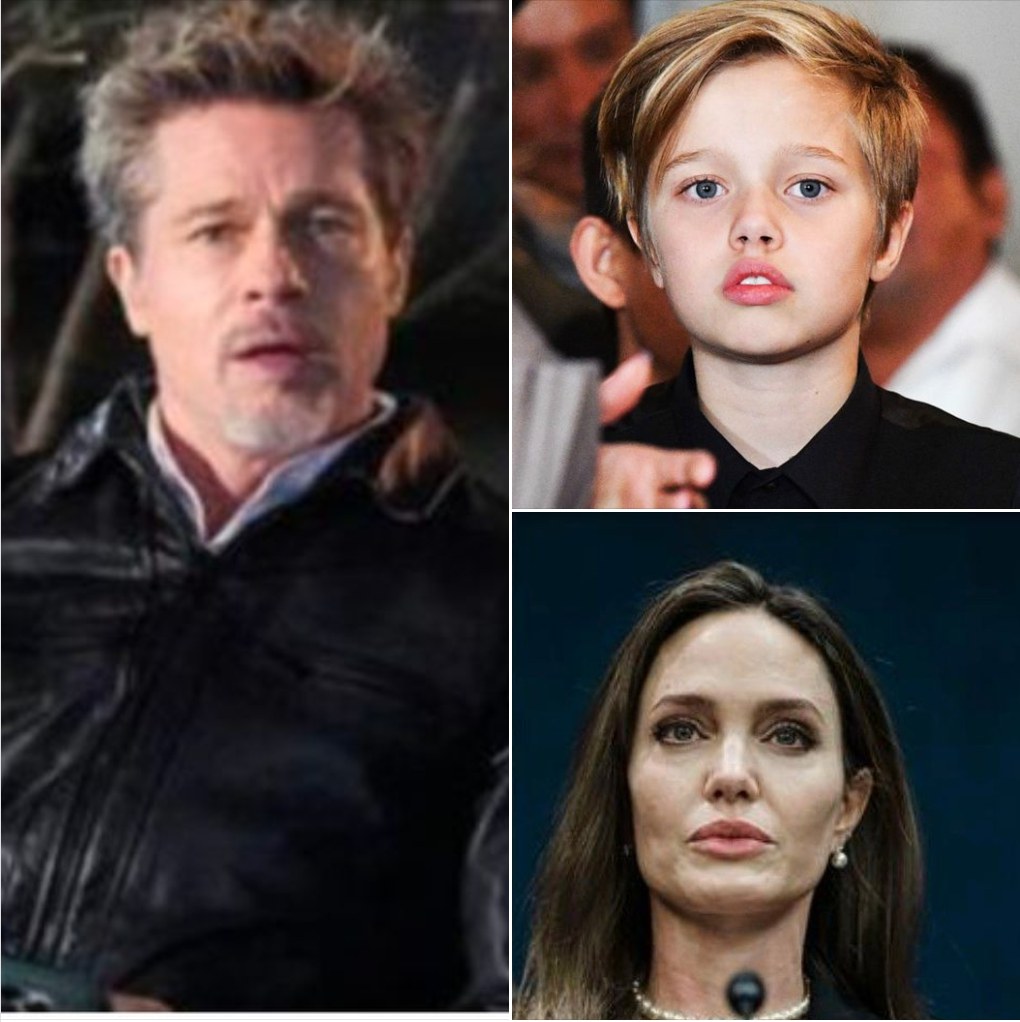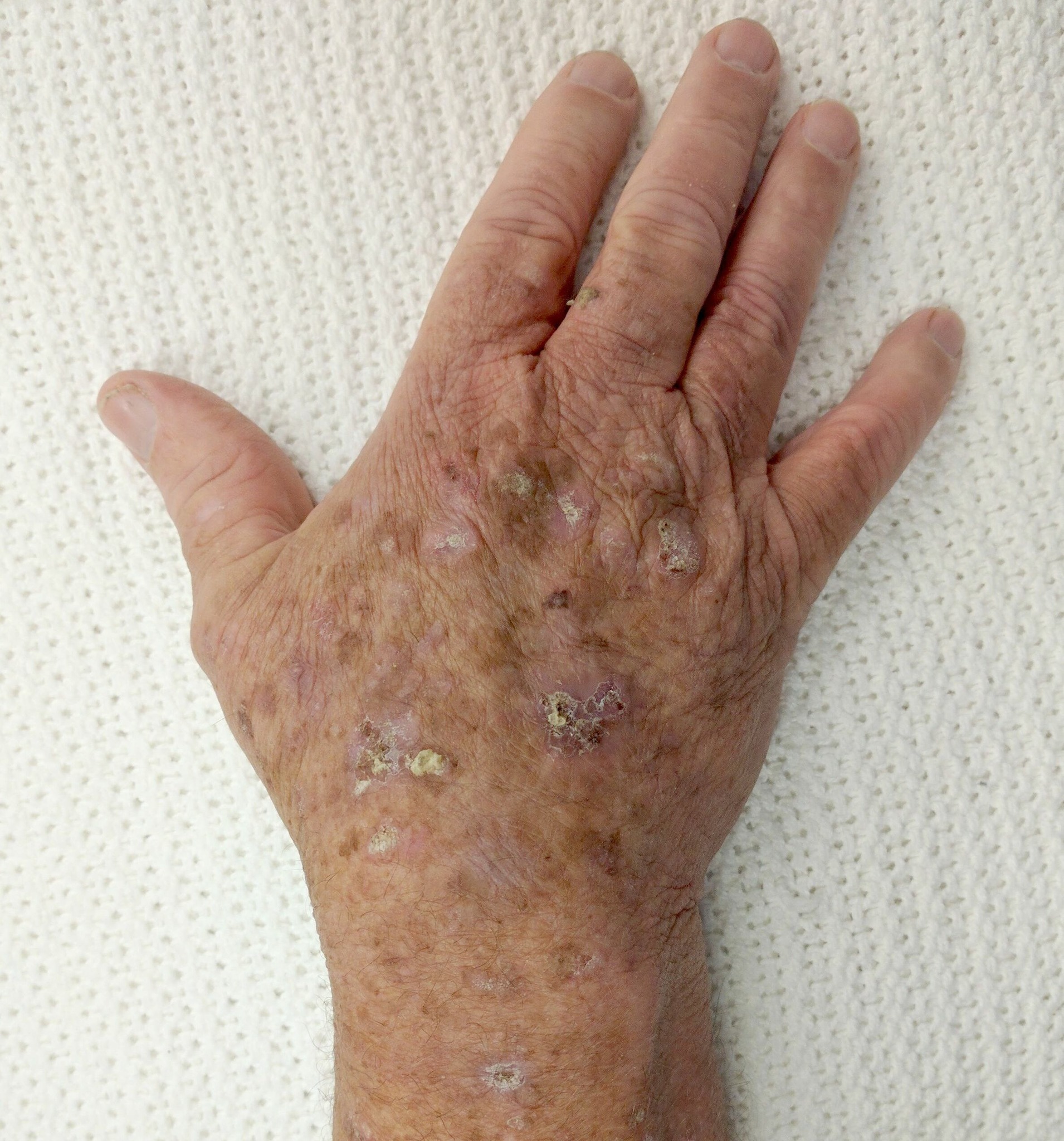What began as a brief interaction on a cold winter evening ended up becoming the spark that transformed my life in ways I couldn’t have predicted. At the time, I thought I was simply doing what any decent person would do—offering a warm meal to someone who looked like he desperately needed one. I had no idea that this small act of kindness would eventually lead to a confrontation with my employer, a sudden shift in the direction of my career, and a deeper understanding of the power that compassion can have in shaping not just individual moments, but entire futures.
The day started like many others. I had just finished a long shift at work and was heading out into the icy parking lot, eager to get home and rest. The cold air rushed against my face as I hurried toward my car, ready to retreat into the warmth of the heater and a quiet evening indoors. But then I noticed something that made me slow down: a man sitting near the far end of the lot, bundled in a worn coat that had clearly faced many winters. Beside him was a dog with tired eyes, leaning against his leg for warmth and comfort.
They weren’t asking for anything. There was no sign, no outstretched hand, no spoken request. But something about their stillness in the frigid air tugged at me. Maybe it was the way the man gently rested his hand on the dog’s head, as if protecting a friend who had never left his side. Maybe it was the exhaustion on his face. Or maybe it was simply one of those moments when your heart nudges you to do something without overthinking it.
I glanced toward the grocery store across the street and paused. I could have gone home, pretended I didn’t see them, and continued with my evening. But something inside me wouldn’t let me walk away. So instead of starting my car, I grabbed my bag, locked the door again, and made my way to the store. I bought a warm rotisserie chicken, a couple of sides, a bottle of water, and a small bag of dog food. The total was less than what I normally spent on coffee each week—nothing extravagant, just enough for someone to get through the night with a full stomach.
When I returned to the parking lot, I approached the man carefully, not wanting to startle him. He looked up, surprised but not suspicious, and offered a quiet nod. I handed him the meal and the dog food and told him I hoped the food would help keep them warm for the night.
His eyes softened, and he said thank you with a sincerity that made the freezing air feel a little less sharp. He mentioned that he had served in the military years ago and had been struggling ever since he returned home. His dog, he told me, was the one constant that had helped him survive the toughest stretches. They had been together through everything.
We talked for only a few minutes, but the interaction stayed with me long after I drove away. It wasn’t dramatic; it wasn’t something I expected to remember months later. To me, it was simply a human connection on a cold night—nothing more.
What I didn’t know then was that this moment would return in a way I never expected.
A Month Later: The Envelope That Changed Everything
Almost a month passed before the incident resurfaced, and when it did, it came in the least comforting way imaginable. I arrived at work one morning to find an envelope sitting on my desk. It wasn’t marked with anything—no name, no department, no instructions. Just a plain envelope, heavy enough to make me curious.
Inside was a printed photo of me handing the meal to the veteran. I had no idea who took the picture or how it ended up on my desk. Along with it was a short message from my boss, asking me to come to his office “immediately.”
I felt a sudden drop in my stomach. Nothing about this seemed good.
When I walked into his office, the atmosphere was tense. He demanded to know what I thought I was doing “interacting with people in the parking lot,” as though offering help to someone outside of work hours was an act of wrongdoing. He said it could “reflect poorly on the company” and suggested that approaching someone who appeared homeless was somehow inappropriate.
I tried to explain that it was a private act unrelated to work. It happened after my shift, off company property, and had nothing to do with my job responsibilities. But he didn’t want to hear it. He was angry, insisting that my behavior “put the business at risk,” even though his accusations had no basis.
It felt surreal. How could a simple act of kindness cause this level of hostility?
Before the conversation even ended, I could sense where things were going. My boss was looking for an excuse, and he had found one. Within days, I was out of a job. No warning, no real explanation—just a cold decision from someone who believed that kindness was unnecessary and disruptive.
Losing my job felt devastating at first. I worried about paying my bills, about my future, about how quickly life can turn upside down without warning. It was frightening to realize that doing the right thing could carry a cost I never saw coming.
But life has a way of redirecting us, even when the path seems uncertain.
One Community’s Support Shifted Everything
A week after I was let go, I received a message from someone who recognized me from the photo. They had seen the veteran and his dog the same night I helped them, and they remembered how grateful he was for that simple meal. The person reached out because they believed what happened to me was unfair, and they wanted to help.
Word spread—neighbors, friends, even strangers heard about the situation. Instead of criticism, I received encouragement, empathy, and support from people who felt that kindness should never be punished. They saw value in compassion, not risk.
One woman told me she worked for a local nonprofit that helped veterans find housing and resources. She asked if I would consider volunteering. Another person suggested I apply for a job in community outreach, saying my willingness to help others would be an asset, not a liability.
Slowly, opportunities began opening. People who valued compassion created possibilities that I had never imagined while working my old job.
A New Beginning: Transforming Loss into Purpose
I eventually accepted a position at a community organization that assists individuals facing hardship—veterans, families experiencing financial instability, and people on the edge of homelessness who need someone to believe in them. My job became more than an income; it became a meaningful journey of connection, empathy, and service.
Instead of clocking in every day feeling drained and unappreciated, I now work in an environment where compassion is not only encouraged but celebrated. The skills I once used for repetitive tasks in a job that offered little fulfillment are now spent making a tangible difference in the lives of others.
And as for the veteran and his dog—I saw them again. This time, he had temporary housing through a local program, and the dog looked healthier, more energetic. When he recognized me, he thanked me again, explaining that the meal I had given him that night had been more meaningful than I knew. It wasn’t just food; it was proof that someone cared, even when the world felt cold.
The Lesson in the Journey
Looking back, losing my job felt like the worst thing that could have happened. It was stressful, frightening, and deeply unfair. But in the bigger picture, it became the catalyst for a life that is far more aligned with who I want to be.
What seemed like a painful setback transformed into a turning point—a moment that exposed the limitations of a workplace that didn’t value kindness while revealing an entire community that did.
This experience taught me that:
- A small act of compassion can ripple far beyond the moment.
- Doing the right thing may cost something, but it often opens doors to better paths.
- Kindness is not weakness—it’s strength, courage, and clarity of purpose.
- Life can redirect us toward something far better than what we planned.
What started as a simple gesture toward a hungry veteran and his loyal dog became the beginning of a new chapter in my life—one rooted in empathy, service, and the belief that small choices can reshape our entire future.




